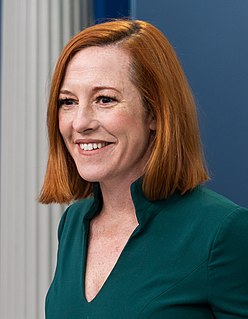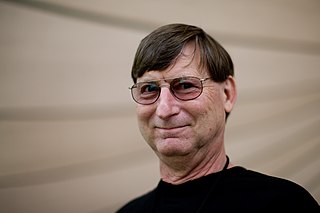A Quote by John Updike
Yes, there is a ton of information on the web, but much of it is egregiously inaccurate, unedited, unattributed and juvenile.
Related Quotes
It isn't that information is exploding, but accessibility is. There's just about as much information this year as there was last year; it's been growing at a steady rate. It's just that now it's so much more accessible because of information technology. The consensus is that a Web crawler could get to a terabyte of publicly accesible HTML. A terabyte is about a million books. the UC Berkeley library has about 8 million books, and the Library of Congress has 20 million books.





































